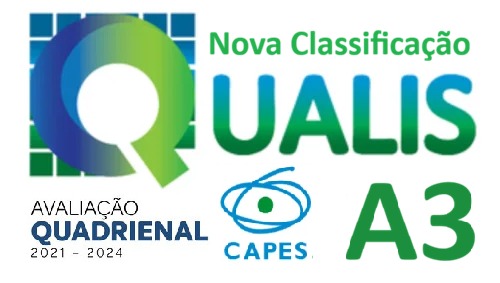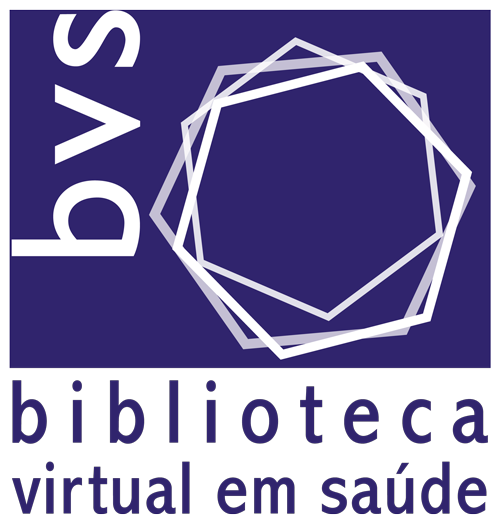New article published in 12(4A) - ENAN / INAC 2024
Effect of irradiation on residues from avocado oil processing
Abstract: In the agro-industrial process, sustainability is an essential characteristic, and the reuse of waste plays an important role in this regard. However, in most cases, these materials are improperly discarded, leading to environmental, economic, and social implications. In this context, there arises a need to utilize waste by extracting nutritional substances that prevent food waste, developing by-products, and adding value to raw materials. It is worth noting that agro-industrial waste from the food industry contains significant amounts of nutrients and bioactive compounds, such as phenolics, antioxidants, carotenoids, fibers, vitamins, and minerals. For example, agro-industrial waste from avocado processing, such as the peel, seeds, and pulp after oil extraction, contains a large amount of bioactive compounds that may have some application. In view of this, the use of ionizing radiation can be considered an innovative technology that has been applied in various processes in the food industry, and it can be used to increase and/or preserve these compounds present in the waste. Thus, the objective of this study was to evaluate the effects of ionizing radiation on waste from avocado oil processing, such as the seed, peel, and extracted pulp. To achieve this objective, the samples were extracted through physical and chemical processes, obtaining a dry extract that was used for analyses of phenolic compound content and antioxidant activity. The results showed that doses of 5 kGy were sufficient to increase the amount of these compounds and antioxidant activity. The peel and seed, which contain the highest amount of compounds, were also the wastes that showed the greatest improvement with the irradiation process. At a dose of 10 kGy, the avocado peel showed significant improvement in both phenolic compound content and antioxidant activity. These results suggest that the use of ionizing radiation technology can be used in the reuse of agro-industrial waste. The results of this study indicated that ionizing radiation did not cause degradation of the compounds, providing strong evidence of one of the benefits of this technique, which is to preserve and maintain food quality. Read full article.



























